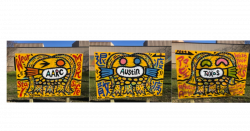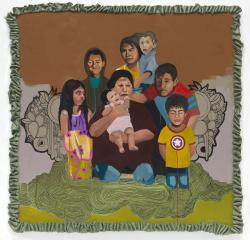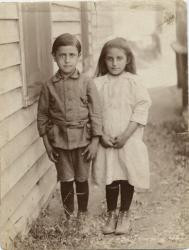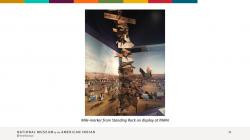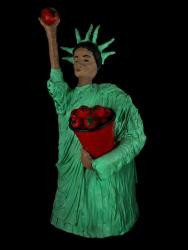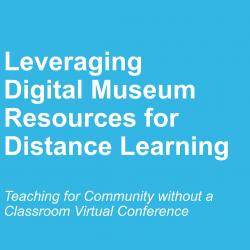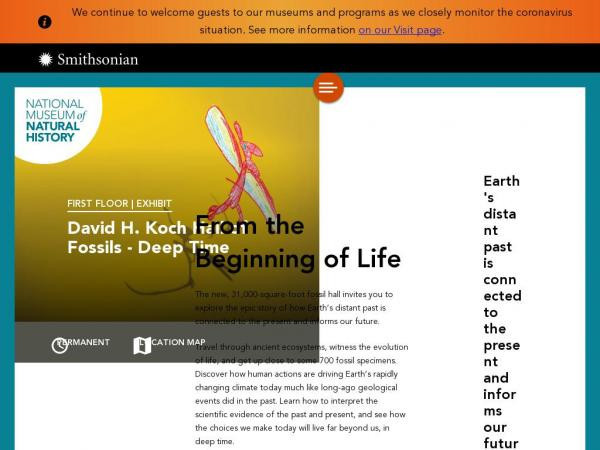Philippa Rappoport
I work in education and engagement, teacher professional development, and outreach at the Smithsonian Office of Educational Technology (OET), and have a particular interest in developing and producing trainings, programs, teaching techniques, and platforms that foster deep learning and contribute knowledge to improve practices in museum and preK-16 education and engagement. At OET over the last decade+, I created digital assets for schools, families, and new immigrant English Language learners to complement teacher professional development and pan-Smithsonian programming, including Learning Lab teaching collections, YouTube videos with tradition bearers, a handmade family stories book-making website, and online heritage tours.
Philippa Rappoport's collections
Facing the Complex, Multiple Challenges of the 21st Century: Smithsonian-Montgomery College Faculty Fellowship 2021 Opening Panel Resources
 Philippa Rappoport
Philippa Rappoport
Exploring Digital Storytelling within the Learning Lab: Personal Responses to Covid-19
 Philippa Rappoport
Philippa Rappoport
Training Workshop for NJ Arts Integration and Cultural Competency Project
 Philippa Rappoport
Philippa Rappoport
Unsettled Nature: Art and Science as Argument
 Philippa Rappoport
Philippa Rappoport
Introductory Activity to Generate Discussion about Ethnic Studies and Digital Museum Resources (#EthnicStudiesY2)
 Philippa Rappoport
Philippa Rappoport
Digital Museum Resources for the High School Ethnic Studies Classroom (#EthnicStudiesY2)
 Philippa Rappoport
Philippa Rappoport
American Indian Responses to Environmental Challenges
 Philippa Rappoport
Philippa Rappoport
Crucial Conversations in American History: "Many Voices, One Nation" and "Becoming US"
 Philippa Rappoport
Philippa Rappoport
Personal Responses to Covid-19: A Digital Storytelling Workshop Using the Smithsonian Learning Lab (for DC Public School educators)
 Philippa Rappoport
Philippa Rappoport
Cuban Balseros: Using Art and Artifact to Explore an American Immigration Story
 Philippa Rappoport
Philippa Rappoport
Deep Time
 Philippa Rappoport
Philippa Rappoport
Humans and the Footprints We Leave: Smithsonian-Montgomery College Faculty Fellowship 2020 Opening Panel Resources
 Philippa Rappoport
Philippa Rappoport



